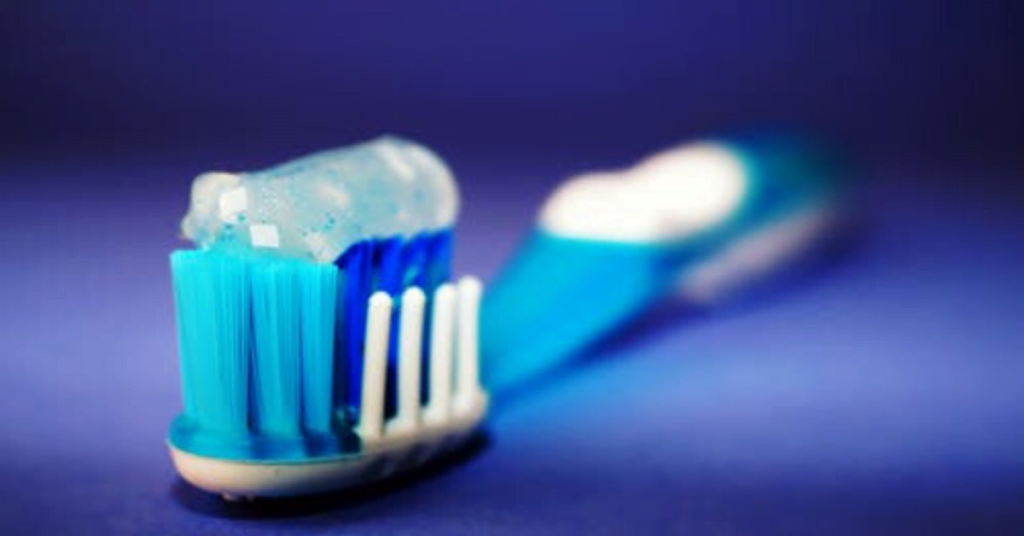Maintaining healthy teeth goes beyond the regular brushing and flossing routine. It involves understanding the connection between your diet and oral health. Surprisingly, what you eat plays a pivotal role in either promoting your dental health or putting it at risk. In this guide, we’ll explore the foods that are allied to your teeth, as well as those you might want to consume more cautiously.
The Champions of Oral Health
Cheese: A Smile’s Best Friend
Cheese lovers, rejoice! Consuming cheese can increase the pH level in your mouth, significantly reducing your risk of tooth decay. It’s tasty and packed with calcium and protein, essential nutrients for strengthening tooth enamel.
Yogurt: Probiotic Powerhouse
Yogurt shares cheese’s high calcium and protein content, fortifying your teeth. Plus, its probiotics (beneficial bacteria) support gum health by outcompeting cavity-causing bacteria.
Leafy Greens: Nature’s Toothbrush
Packed with vitamins, and minerals, and low in calories, leafy greens like spinach and kale are oral health superheroes. They’re rich in calcium for enamel strength and contain folic acid, which is beneficial for pregnant women in treating gum disease.
Apples and Carrots: Crunch Your Way to Health
The act of eating apples and carrots, with their abundance of fiber and water, stimulates saliva production. This natural rinse mechanism helps wash away bacteria and food particles, with carrots providing a bonus of vitamin A.
Almonds: Snack Smart
Almonds offer a triple threat to dental health: high in calcium and protein while being low in sugar. They’re the perfect snack for those looking to keep their teeth in shape.
Green and Black Tea: The Plaque Fighters
Both teas contain polyphenols that can suppress or kill plaque bacteria, preventing them from producing tooth-attacking acids.
Sugarless Chewing Gum: The Simple Saliva Stimulator
Chewing sugarless gum is an effective way to increase saliva flow, helping to cleanse the mouth of food debris.
Foods with Fluoride: The Enamel Enhancers
Consuming fluoridated water or foods prepared with it helps strengthen teeth, as does a diet rich in phosphorus from eggs, fish, meat, dairy, nuts, and beans.
Foods to Approach with Caution
Soft Drinks: A Double Threat
Soft drinks pose two major risks to dental health: caries and acid erosion. Their high sugar content, combined with phosphoric acid, lowers the pH in the mouth, leading to demineralization of tooth enamel and potential caries.
Alcohol: Moderation is Key
While moderate consumption of alcoholic beverages can be part of a balanced lifestyle, excessive intake is detrimental to oral health. Alcohol can cause tooth staining, dry mouth, tooth decay, and even oral cancer in severe cases.
Conclusion
Your diet plays a crucial role in maintaining your dental health. By embracing foods that support oral health and being mindful of those that can harm it, you can ensure your smile stays bright and healthy. Remember, while proper diet and oral hygiene go hand in hand, regular dental check-ups are essential for catching any issues early on. Cheers to a healthier smile!



